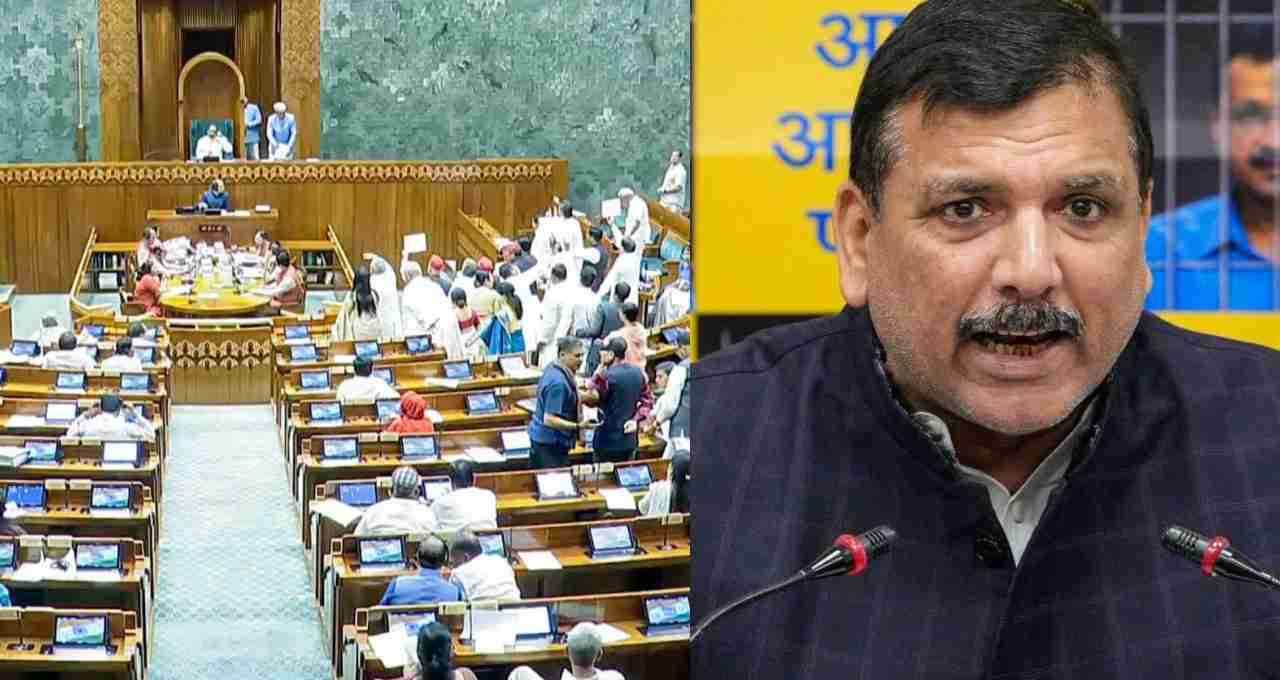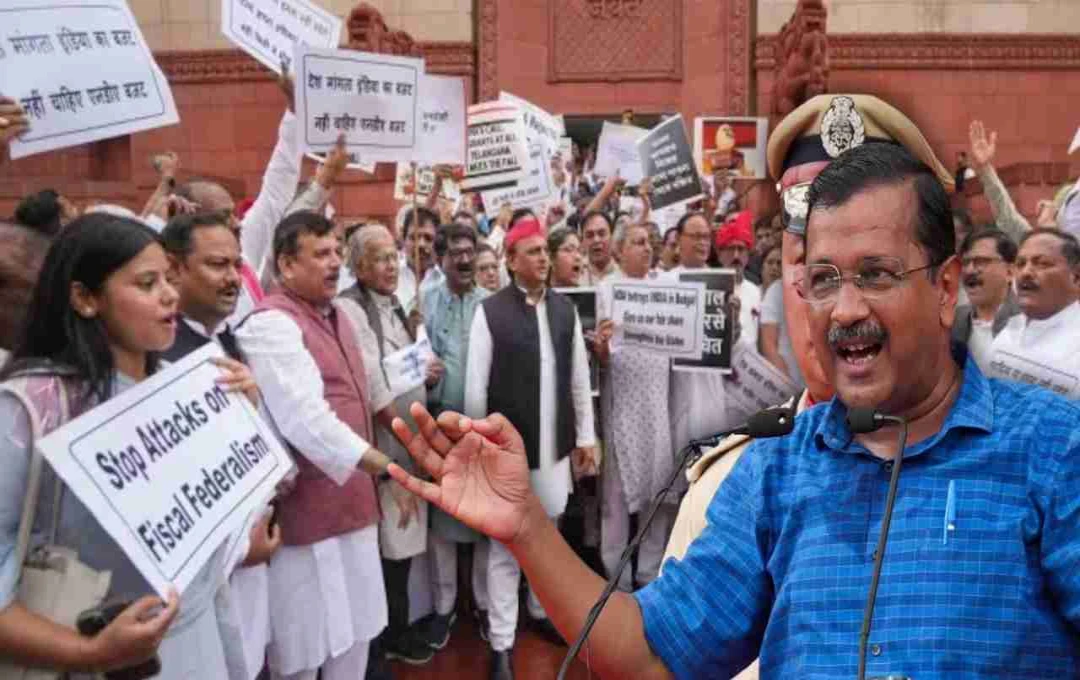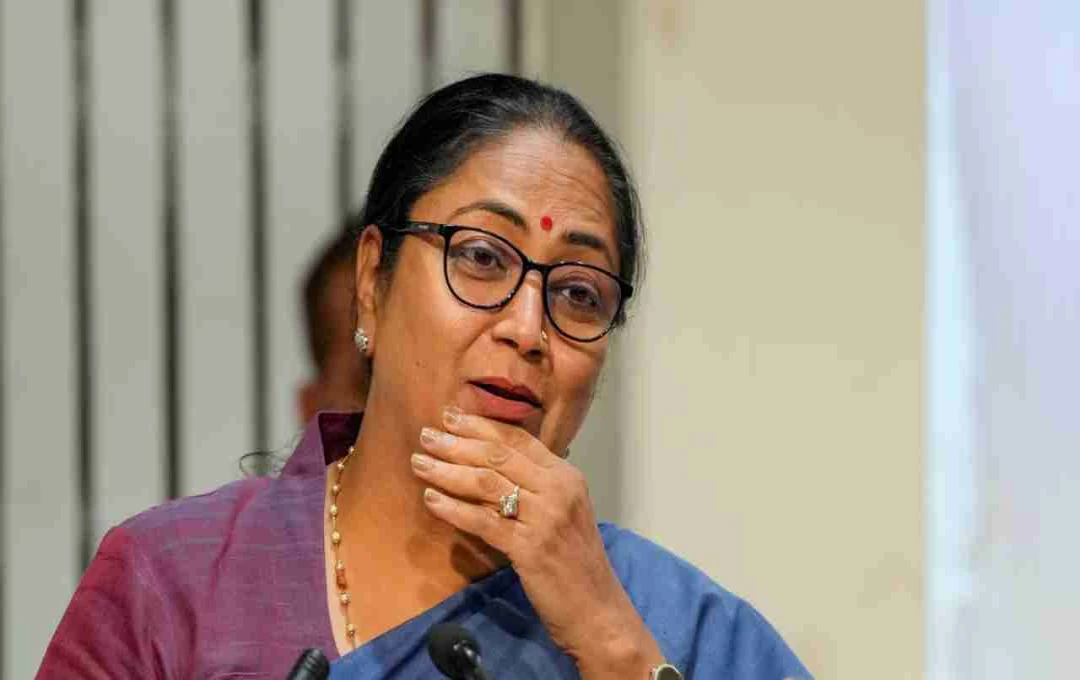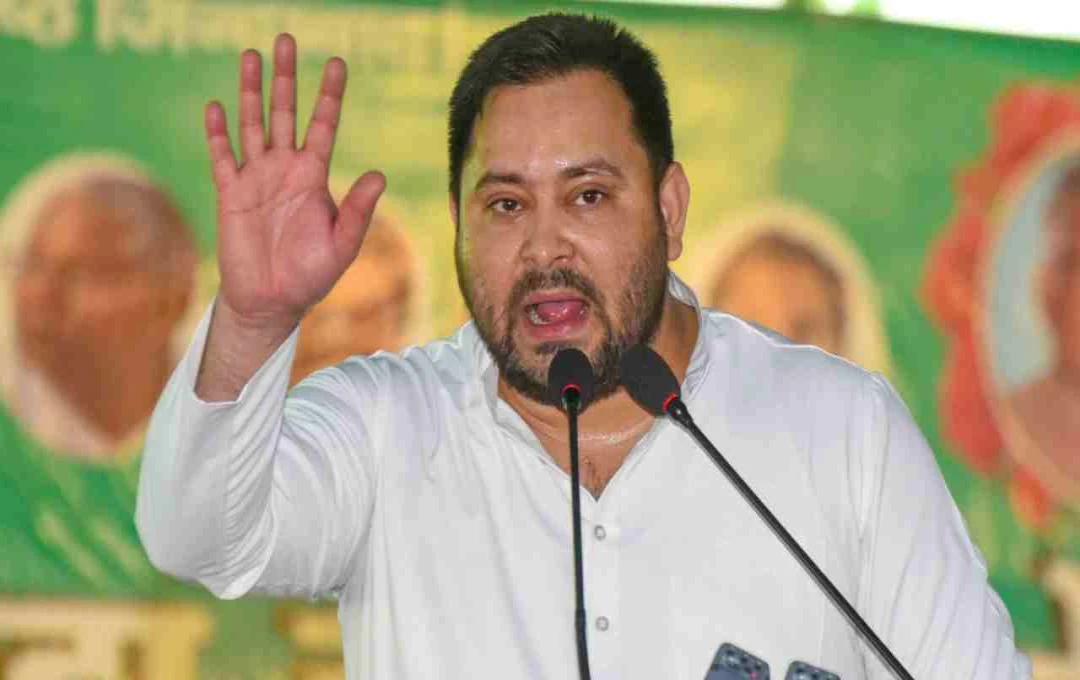Ahead of the Monsoon Session, the Aam Aadmi Party has severed all ties with the INDIA alliance. The party will now adopt its independent strategy in Parliament, which is likely to significantly impact the opposition's unity.
Monsoon Session: The Monsoon Session of Parliament is scheduled to commence on July 21, 2025, and conclude on August 21, 2025. Even before the session's commencement, the INDIA bloc of opposition parties has suffered a major setback. The Aam Aadmi Party (AAP) has announced a complete severing of ties with the alliance. AAP will now distance itself from the opposition's strategy in Parliament as well.
AAP's Exit from the INDIA Alliance
Since the Lok Sabha elections of 2024, there had been indications from the Aam Aadmi Party that it was not happy with the INDIA alliance. The party had decided to contest the elections in Haryana, Delhi, Punjab, and Gujarat independently. Now, ahead of the Parliament session, the party has announced that it is not a part of the INDIA alliance and will not participate in any of the alliance's meetings.
AAP's Official Announcement
Rajya Sabha MP Sanjay Singh has stated explicitly that the party will not participate in any meetings of the INDIA alliance. He says that this alliance was limited only to the Lok Sabha elections. Now, AAP will raise its own issues in Parliament and take its independent stand inside and outside the Parliament.
Impact on the Opposition's Strategy
The opposition's united strategy may be affected after AAP's departure from the alliance. The INDIA alliance had planned to corner the central government for the Parliament session, including raising issues such as Operation Sindoor, tampering with the special voter list in Bihar, and matters related to foreign policy. But now AAP is not with the alliance on these issues.

AAP's Priorities on Different Issues
AAP says that it will remain focused on its priorities in Parliament. The issue of bulldozers running over the homes of people from UP, Bihar, and Purvanchal in Delhi is important for the party. In addition, the party will also raise the issue of closing government schools in Uttar Pradesh. AAP says it will provide issue-based support, not alliance-based.
Reason for Conflict with Congress
The relationship between AAP and Congress has been strained for a long time. There has been a direct contest between the two parties in states like Delhi, Punjab, Gujarat, and Goa. Due to this, AAP felt that it could not coordinate with Congress even while remaining in the alliance. The party feels that it cannot compromise its political interests in an alliance that includes Congress.
Coordination with SP, TMC, and DMK Remains
AAP has also clarified that it will continue to cooperate with opposition parties such as Trinamool Congress (TMC), DMK, and Samajwadi Party (SP) on parliamentary issues. This means that a policy of issue-based participation will be adopted, rather than complete separation.
Cracks and Disintegration in the Opposition
The unity of the INDIA alliance was already under scrutiny. Differences have also emerged between Congress and Shiv Sena (Uddhav Thackeray) in Maharashtra. Now, with the Aam Aadmi Party's exit, this alliance has become even weaker. The alliance, which claimed opposition unity, now appears divided in different directions.
Possible Impact on the Parliament Session
The opposition had to devise a major strategy against the central government in the Monsoon Session starting on July 21. But this strategy may remain incomplete due to AAP's absence, especially when the government is expected to introduce new bills and budget proposals. In such a situation, the impact of the opposition's collective response may be reduced.













